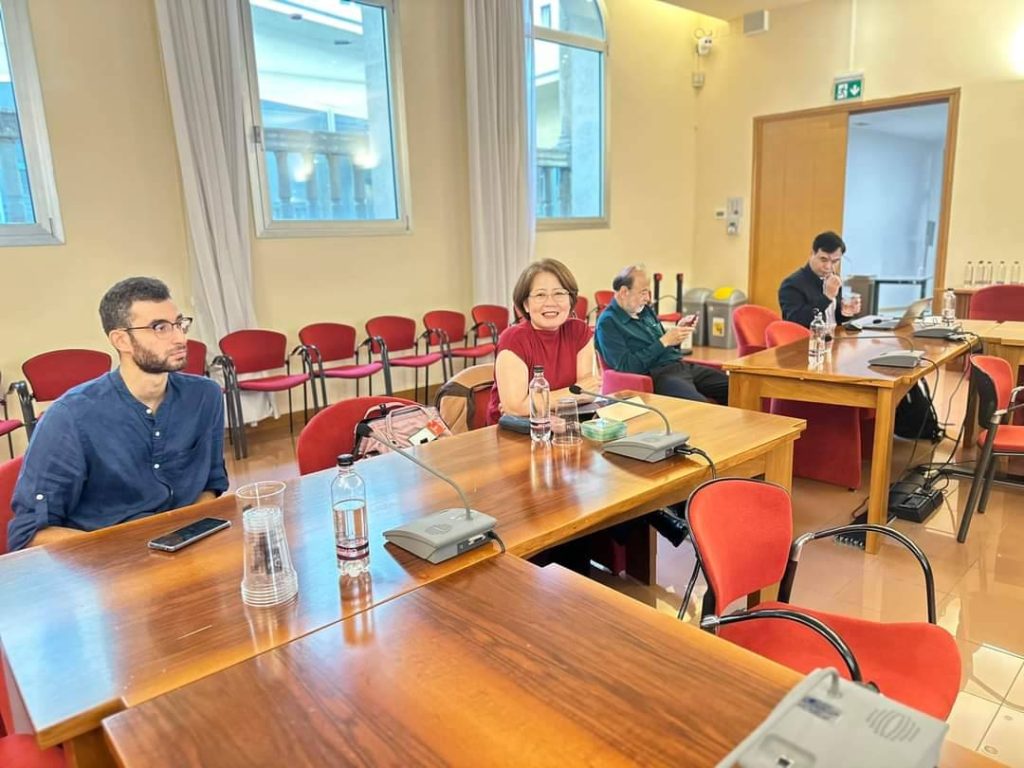
SUT kicks off the new fiscal year in October by strengthening ties with ASEAN European Academic University Network (ASEA-UNINET) in Italy and Austria. During October 2-3, 2023, Dr. Mullika Sungsanit, Vice Rector for Engagement, Innovation and Entrepreneurship, as the elected national coordinator of ASEA-UNINET in Thailand, attended the national coordinator meeting at the University of Padua, Padua, north of Italy.
The is held with the objective to serve as a platform for ASEA-UNINET executives and national coordinators from member countries to meet and update on Ph.D. Ernst Mach Scholarships, Applicant Guidance: Info-Sessions/Webinars, Communication Culture, new member joining from each country, preparations for the next plenary meeting, etc.
Currently ASEA-UNINET member countries include Austria (20 members), Cambodia (1 Member), Czechia (1 member), Germany (1 member), Indonesia (11 members), Italy (6 members), Iran (2 members), Malaysia (8 members), Myanmar (2 members), Pakistan (1 member), Philippines (1 member), Thailand (18 members), and Vietnam (11 members).
The University of Padua, as an ASEA-UNINET member, was founded in 1222 making it one of the oldest and most prestigious universities in Italy and Europe. SUT has at least 73 publications with researchers at this university.
Galileo Galilei: One of the most famous professors to have taught at the University of Padua was the renowned Italian astronomer Galileo Galilei. He served as a professor of mathematics at the university from 1592 to 1610 and conducted many of his groundbreaking experiments and observations there.
Modern Research: Today, the University of Padua is known for its cutting-edge research in various fields, including physics, engineering, medicine, and the humanities.
Nobel Laureates: The University of Padua has produced several Nobel laureates, including physicist Enrico Fermi and biologist Salvador Luria, who won Nobel Prizes in Physics and Medicine, respectively.
Women’s Education: The university played a pioneering role in women’s education. In 1678, Elena Lucrezia Cornaro Piscopia became the first woman in the world to receive a doctoral degree from a university when she graduated from the University of Padua with a degree in philosophy.
by Center for International Affairs

